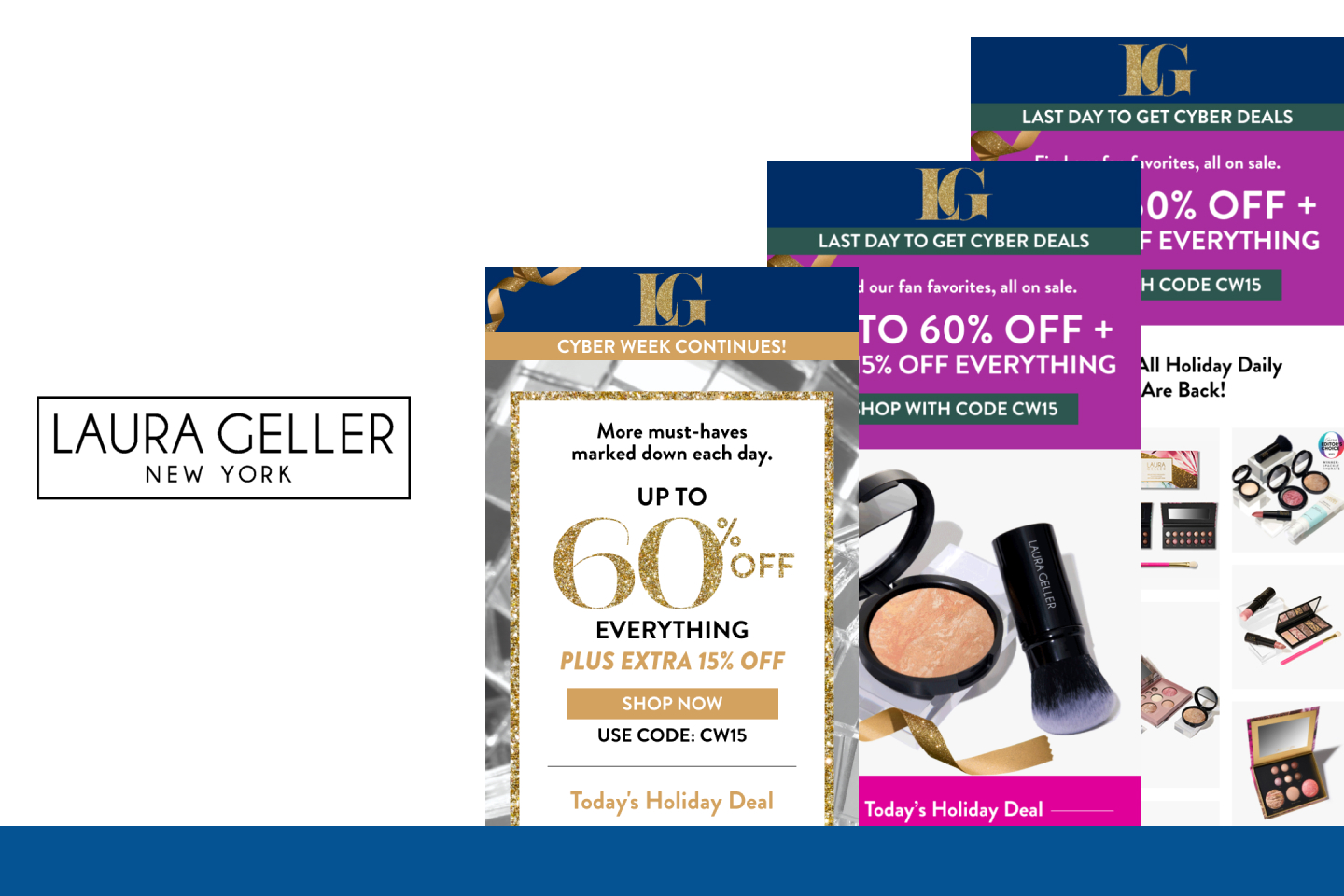NEW YORK, NY – June 29, 2021 – Alchemy Worx, a full-service international digital marketing agency focused on audience management and retention strategies for more than 115 brands, released its “2021 Consumer Spending Snapshot,” revealing the key factors currently motivating consumer shopping decisions, stark generational differences in purchasing behavior, and the biggest brand “fails” that can impact consumer loyalty.
It’s no surprise that brands across the retail spectrum have struggled over the past year to maintain sales and keep their loyal consumers coming back for more. Now, as the United States reopens at full speed, brands are facing a new type of consumer – one that is eager to get back into the world but needs some coaxing when it comes to purchases. With over half (51%) of consumers saying that their current purchases are only focused on essentials, it is imperative that brands take a hard look at this new emerging consumer – especially from a generational perspective – and meet them where they are, to see success through major selling holidays and even the holiday season.
The study, conducted online with the third-party research firm YouGov, uncovers the changing perceptions consumers across generations hold around spending and status purchases, and illuminates why brands need to hone their messaging to reach the right consumer at the right time, or risk losing them altogether.
An Overall Look at the Current Consumer
While states are reopening and restrictions are being lifted, the current consumer is still wary, with cautious (43%), mindful (34%) and hesitant (26%) ranking highest on their sentiment towards spending money right now. Yet, many consumers are looking forward to getting back into the world again over the next six months, with nearly one third planning to travel to see family/friends (32%) or take a vacation (32%).
Despite their caution, many consumers are ramping up to spend over the coming months and it will be key for brands to understand the ways in which their plans to make purchases have changed. Of those consumers planning to make a purchase in the next six months:
- Nearly half (46%) say they’re more likely to make a purchase for someone other than themselves
- Over one in four (43%) say they’re planning to treat themselves with something they’ve wanted for a long time
- Nearly three in ten (27%) say they’re planning to avoid brands that aren’t ethical or sustainable
“During the pandemic, brands had to consistently adapt to shifting consumer attitudes,” said Allan Levy, CEO of Alchemy Worx. “What we’re seeing now is a consumer that is simultaneously hesitant to spend but also excited to get back into the world. While still focused on purchasing the essentials, consumers are eager to begin shopping again, especially for goods that align with their summer plans and perceptions of status. As brands fight to maintain the attention of these fickle consumers, those that succeed will stay ahead of shifting consumer sentiment with tailored communications that hit on their key motivations”
The Generational Breakdown
In the crowded fight for consumer attention, brands can’t talk to all customers the same way – especially when it comes to younger audiences. These new generations of shoppers have major purchasing power and different shopping habits than their parents and grandparents. The pillar brands – like a Bloomingdale’s or Nordstrom – are at a tipping point of sink or swim when it comes to talking to these new generations, and must take note of what stands out about their shopping habits in order to target them most effectively:
GenZs (18-24) are excited to spend big, with one in five (20%) saying they’re ready to finally make a big purchase they’ve been thinking about. Yet over 40 percent (42%) of those planning to make a purchase in the next six months say they’d avoid brands that aren’t ethical or sustainable. So while brands need to focus on capturing GenZ’s enthusiasm, they also need to reemphasize their environmental commitments to be most effective.
Millennials (25-40) are eager to jump into the spirit of the summer and spruce up their homes. Of those planning to make a purchase in the next six months, a quarter (25%) are planning to make an impulse purchase just because it’s summer. These purchases may skew towards the home because of those Millennials looking to prove that they’ve “made it.” Among those who’ve made or want to make a “made it” purchase, nearly three in ten (28%) are looking to do so with home accessories, and over one in five (23%) with high-end kitchenware.
GenX (41-56) is looking to make the most out of the opportunity to travel, with roughly half (51%) planning to travel to see family and friends or take a vacation in the next six months.
Finally, some Boomers (57-75) are thinking positive, with one in ten (13%) saying “optimistic” best describes how they feel about spending money right now. Yet, over half (51%) of those planning to make a purchase in the next six months are looking to make that purchase for someone other than themselves.
Maintaining the Basics is Still Important
Across generations, the biggest brand “fails” that would impact a consumer’s loyalty are:
- Receiving communications from a brand after opting out or unsubscribing – 39%
- Being lied to about sales or stock levels to try and convince them to make a purchase – 37%
- Receiving too many emails from a brand – 35%
- Items arriving so late that they forgot purchasing them – 34%
- Receiving too many text messages from a brand – 34%
Brands shouldn’t – and can no longer afford to – simply have an unsubscribe button when it comes to communication.
For any brand, the make-or-break tool for success is audience management. Diving deep into who is being communicated to, as well as how they prefer to be communicated with, their activity and more is crucial. Incorporating audience management ultimately drives brand loyalty more than anything else and is more worthwhile to any brand than wasting money on text campaigns that aren’t working or sending out mass emails that are just waiting to be deleted.
Research methodology
All figures, unless otherwise stated, are from YouGov Plc. Total sample size was 1270 adults. Fieldwork was undertaken between 19th – 20th May 2021. The survey was carried out online. The figures have been weighted and are representative of all US adults (aged 18+).
About Alchemy Worx
Alchemy Worx is a full-service international digital marketing agency focused on audience management and retention strategies for more than 115 brands, such as Universal Music Group, Sirius XM and Disney. Taking a “test and learn” approach driven by the data, Alchemy Worx offers comprehensive guidance for mid-size and enterprise brands on email communication, SMS/text message marketing, data analytics, strategy, testing, customer acquisition and social media. It has helped customers increase revenue by up to 80% from email marketing alone in the first 12 months together.
The Alchemy Worx team is comprised of executives with extensive experience in business and retail, supported by a fresh group of international voices committed to working alongside their clients to craft comprehensive marketing campaigns. Headquartered in New York, it has offices across the globe in London, Atlanta, San Diego, Chicago, Sydney and Manila.
For more information, please visit www.alchemyworx.com and find us on LinkedIn, Twitter, Facebook.
Media Contact
Diffusion PR for Alchemy Worx
alchemyworx@diffusionpr.com
(646) 571-0120




